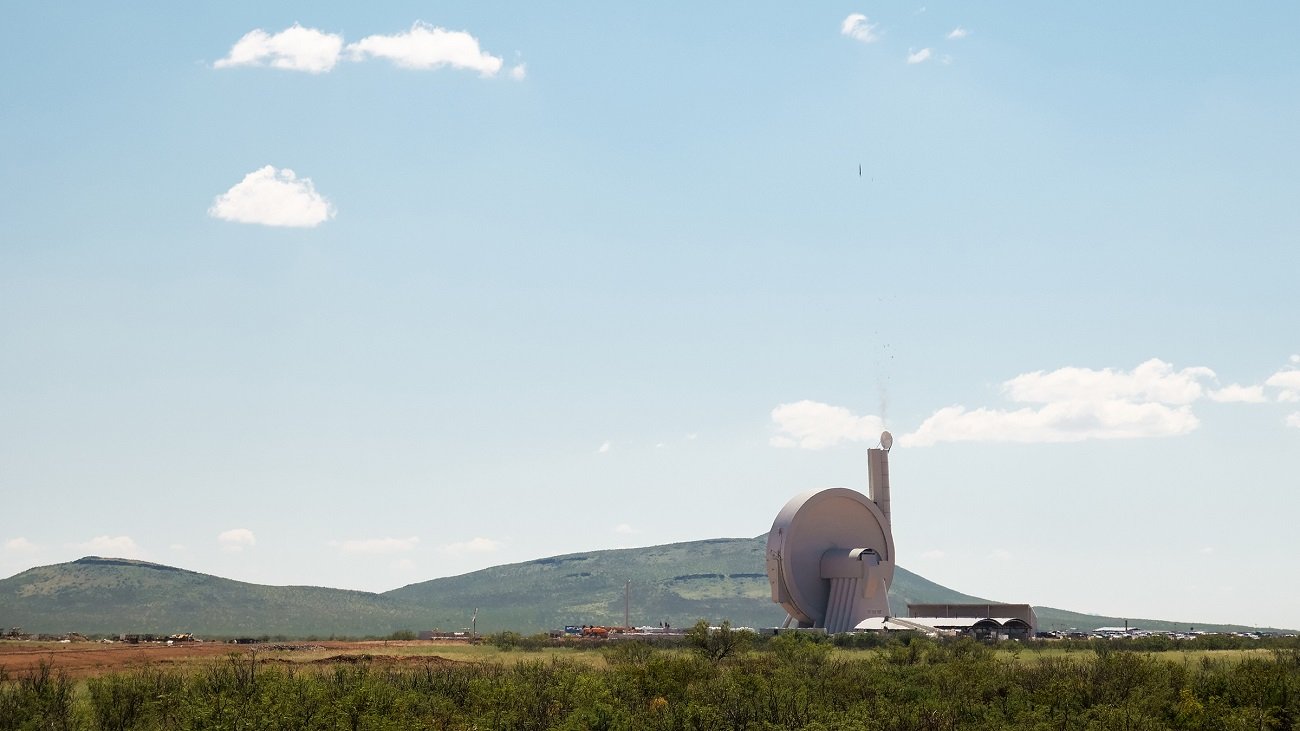Although humans have not yet reached the surface of the Red Planet, we have a fleet of research instruments that constantly study Mars from orbit and from the surface, then transmit the observational data they collect to scientists on Earth. However, no data will be sent in the coming days either from Earth to Mars or from Mars to Earth.
Read also: There may be traces of ancient Martian life here. Scientists prepare for research
According to NASA representatives, contact between Earth and Mars will be suspended from November 11 to 25. This interval covers the period from the moment Mars approaches the sun’s disk by two degrees on one side to the moment it moves away from it by two degrees on the other side. The justification for such an interruption is relatively simple. Hot, ionized gas in the solar corona could disrupt and distort signals sent from Earth to Mars, endangering robotic missions on the red planet. Just imagine that engineers send a command to the Perseverance or Curiosity rover to drive another 30 meters forward and then stop and wait for further commands, but due to turbulence near the Sun, the information about the necessity of stopping the rover does not reach Mars or 30 meters changes fall in 300 meters. . The risk of such an error occurring during this period is very high.
However, this does not mean that spacecraft, drones and orbiters will do nothing over the next two weeks. Both the rovers and the Ingenuity mini-drone will use their instruments to monitor conditions on the Martian surface, weather, radiation intensity, and the movement of sand on the surface. The same goes for the Mars Reconnaissance Orbiter, Odyssey, and MAVEN. All of these tasks will perform monitoring operations in automatic mode. Data from these observations will be sent back to Earth only when Mars moves away from the Sun in Earth’s sky to a safe distance.
Meanwhile, with the exception of two days, NASA will receive automatic information from Mars sensors about the health of the entire Martian fleet. Rovers, drones and orbiters will carry out the missions already assigned to them for about two weeks.

Echo Richards embodies a personality that is a delightful contradiction: a humble musicaholic who never brags about her expansive knowledge of both classic and contemporary tunes. Infuriatingly modest, one would never know from a mere conversation how deeply entrenched she is in the world of music. This passion seamlessly translates into her problem-solving skills, with Echo often drawing inspiration from melodies and rhythms. A voracious reader, she dives deep into literature, using stories to influence her own hardcore writing. Her spirited advocacy for alcohol isn’t about mere indulgence, but about celebrating life’s poignant moments.







